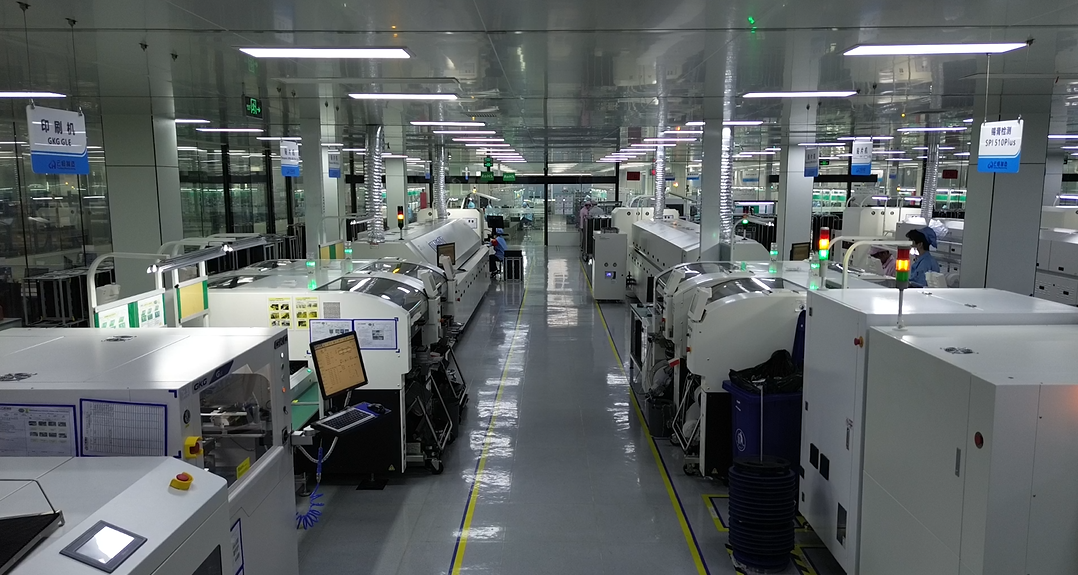经济学人 | 科技发展中的悲观情绪-科技发展带来的弊端英语
原标题:经济学人 | 科技发展中的悲观情绪
背景介绍:
随着人类科技的发展,不断会有新技术和事物的出现,并替代了旧的、过时的技术和事物。在人类发展过程中,新旧事物的更迭似乎是不可阻挡的。然而,每当有新事物出现时,人们总还是或多或少地会产生一些悲观情绪。
Technology and society
科技与社会
Pessimism v progress
悲观VS发展
Faster, cheaper, better—technology is one field many people rely upon to offer a vision of a brighter future. But as the 2020s dawn, optimism is in short supply.
更快、更低价、更好的技术为许多人勾勒出一个美好明天的愿景。但在21世纪20年代即将到来之际,人们却很难保持乐观。
Today’s gloomy mood is centred on smartphones and social media, which took off a decade ago. Yet concerns that humanity has taken a technological wrong turn, or that particular technologies might be doing more harm than good, have arisen before.
如今,人们对科技的悲观情绪主要源自于十年前开始兴起的智能手机和社交媒体。然而,在此之前就曾出现过有关人类点错了科技树或是某些技术可能弊大于利的担忧。
In the 1970s the despondency was prompted by concerns about overpopulation, environmental damage and the prospect of nuclear immolation.
上世纪70年代,对人口过剩、环境破坏和核毁灭前景的担忧就曾使人们意志消沉。
The 1920s witnessed a backlash against cars, which had earlier been seen as a miraculous answer to the affliction of horse-drawn vehicles—which filled the streets with noise and dung, and caused congestion and accidents.
上世纪20年代也曾发生过一场抵制汽车的运动,而在此之前,汽车曾一度被视为是解决了马车困扰(在马车时代,街道嘈杂纷乱、粪便遍地,堵车和交通事故也是常有之事)的奇迹般的发明。
And the blight of industrialisation was decried in the 19th century by Luddites, Romantics and socialists, who worried (with good reason) about the displacement of skilled artisans, the despoiling of the countryside and the suffering of factory hands toiling in smoke-belching mills.
19世纪,卢德主义者、浪漫主义者和社会主义者纷纷谴责工业化所带来的祸患,他们(有充分的理由)担忧熟练技工被机器所取代、乡村遭到工厂的破坏,以及浓烟滚滚的工厂里的工人劳苦艰辛。
Stand back, and in each of these historical cases disappointment arose from a mix of unrealised hopes and unforeseen consequences.
退一步来看,在这每一个历史实例中,人们的失望情绪都源自于未实现的期望和未预见的后果。
Technology unleashes the forces of creative destruction, so it is only natural that it leads to anxiety; for any given technology its drawbacks sometimes seem to outweigh its benefits. When this happens with several technologies at once, as today, the result is a wider sense of techno-pessimism.
技术释放出了创造性破坏的力量,因此自然会导致焦虑;任何一项技术都会有看似弊大于利的时候。而当数项技术同时出现这种情况时,就如同今天这样,将会导致科技悲观情绪的普遍存在。
However, that pessimism can be overdone. Too often people focus on the drawbacks of a new technology while taking its benefits for granted. Worries about screen time should be weighed against the much more substantial benefits of ubiquitous communication and the instant access to information and entertainment that smartphones make possible.
然而,或许有点悲观过头了。人们往往过于关注一项新技术的缺点,但却视其优点为理所当然。人们在担心智能手机过度使用的同时也应该看到它所带来的实质性的好处(随处可通讯以及即时获取信息和娱乐)。
A further danger is that Luddite efforts to avoid the short-term costs associated with a new technology will end up denying access to its long-term benefits—something Carl Benedikt Frey, an Oxford academic, calls a “technology trap”.
卢德主义者为避免新技术所产生的短期成本而做的努力最终将损害新技术的长期利益,这将导致更深层次的危害,牛津大学学者卡尔·本尼迪克特·弗雷将其称之为“技术陷阱”。
Fears that robots will steal people’s jobs may prompt politicians to tax them, for example, to discourage their use. Yet in the long run countries that wish to maintain their standard of living as their workforce ages and shrinks will need more robots, not fewer.
人们担心机器人会抢走饭碗,这或将促使政客们采取例如征税的措施来阻止机器人的使用。然而,从长远来看,随着劳动力的老龄化以及数量的减缩,各国如果想要维持原有的生活水平就需要更多而非更少的机器人。
(红色标注词为重难点词汇)
本文翻译:Vinnie
校核:Vinnie
编辑:Vinnie
小编说
卢德主义出现于工业革命初期,指的是对新技术和新事物的一种盲目冲动的反抗,当时的工人由于缺乏对机器生产的认识、担心机器的出现会使自己丢掉工作,从而以消极的方式抵抗机器生产。时至今日,我们常常还能看到卢德主义的影子。新事物的出现必定既有利又有弊,我们不该盲目悲观,而是应该取其利而避其弊。
重难点词汇:
despondency [dɪˈspɑːndənsi] n. 泄气;意志消沉
immolation [ˌɪməˈleɪʃn] n. 祭物;宰杀;祭品
affliction [əˈflɪkʃn] n. 苦难;苦恼;折磨
despoil [dɪˈspɔɪl] vt. 掠夺;剥夺;夺取
ubiquitous [juːˈbɪkwɪtəs] adj. 普遍存在的;无所不在的返回搜狐,查看更多
责任编辑:
